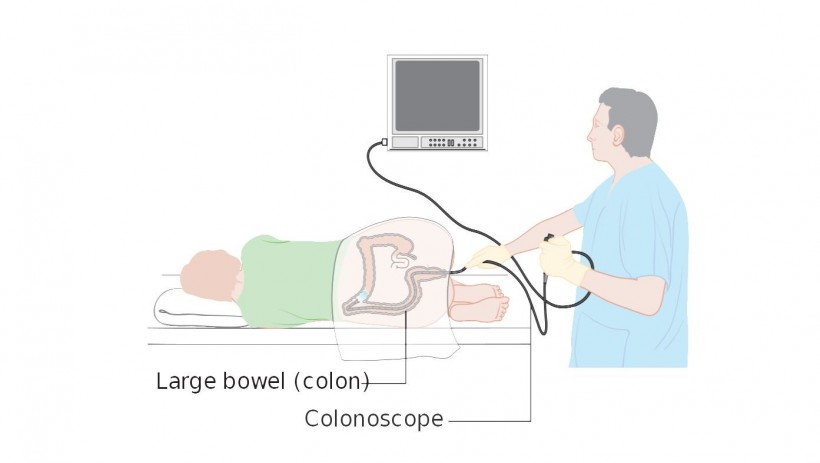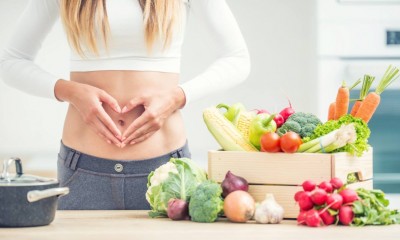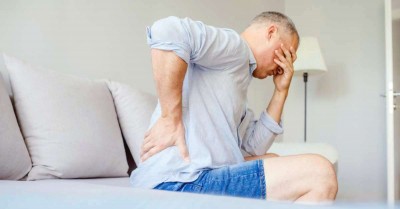What You Should Be Eating After A Colonoscopy
Warning: Undefined variable $post in /home/dietofli/public_html/wp-content/plugins/code-snippets/php/snippet-ops.php(584) : eval()'d code on line 3
Warning: Attempt to read property "ID" on null in /home/dietofli/public_html/wp-content/plugins/code-snippets/php/snippet-ops.php(584) : eval()'d code on line 3
The estimated reading time is 3 minutes
Warning: Undefined variable $post in /home/dietofli/public_html/wp-content/plugins/oxygen/component-framework/components/classes/code-block.class.php(115) : eval()'d code on line 3
Warning: Attempt to read property "ID" on null in /home/dietofli/public_html/wp-content/plugins/oxygen/component-framework/components/classes/code-block.class.php(115) : eval()'d code on line 3

A colonoscopy is a test used to determine the presence of abnormalities in the bowel and large intestine and is the best way to discover bowel-related cancer. This procedure becomes very important for people over the age of 50, as this is the point where cancers develop much faster. Preparation for the procedure can be both time-consuming and troublesome, and much of this is to do with the special attention that food consumption demands after the procedure. In this article, we take a closer look at what these foods are to help you get better prepared for your colonoscopy.
Foods you should be eating after your colonoscopy
After you get a colonoscopy in Australia, you should be paying very close attention to how you look after yourself, and perhaps the best example of this is the food that you put in your body. The first step is to replace all of the fluids and electrolytes your body was denied in the leadup to the procedure, but most doctors will recommend you still hold off on eating during the hours after the operation. If you do need to eat, it is recommended that you eat very small amounts. During this time patients are allowed to eat after the colonoscopy, there are only very specific foods that they can eat. These foods are those that are very gentle on the digestive system, such as low-dairy, low-fiber foods. These foods will typically include things like water, juices, crackers, cooked vegetables, yogurt, soup, white bread and toast, and soft white fish. It’s important to remember that even though these foods only need to be eaten for a day or two afterward, with any irritation to the bowels from consuming other foods you’ll need to revert to the acceptable food list. (1)
Foods to be avoided after your colonoscopy
The list of what not to eat after a colonoscopy is unfortunately a long one, but paying close attention to it will ensure that you don’t experience any hiccups during this highly important recovery time. Recovery will depend on the patient avoiding foods that are difficult to digest – this will usually include things like spicy foods, high-fat greasy foods, and high-fiber foods, although there are all sorts of things people uniquely can’t eat that trigger the same things, so remember to consider these in your case as well. Foods and drinks that patients are required to avoid the day after a colonoscopy include things like alcoholic beverages, nuts, lean meats, whole grain bread, raw vegetables, raw, and dried fruit, and spices. It is also recommended for patients to avoid carbonated drinks right after the colonoscopy, as air finds its way into the bowels during the operation, and this combined with the carbonation you’re introducing is a recipe for a gassy time. (2)
Taking care of your bowels
Getting regularly screened for bowel cancer is extremely important, and well worth the inconvenience of a couple of days of an altered diet. If you’re over the age of 50, ensure that you get screened once every 10 years – at the very least – and before this if you have any history of bowel cancer in your family. In addition to these screenings, it’s highly important to ensure that you exercise and eat well, as these factors have been proven to reduce instances of bowel cancer. (3)














